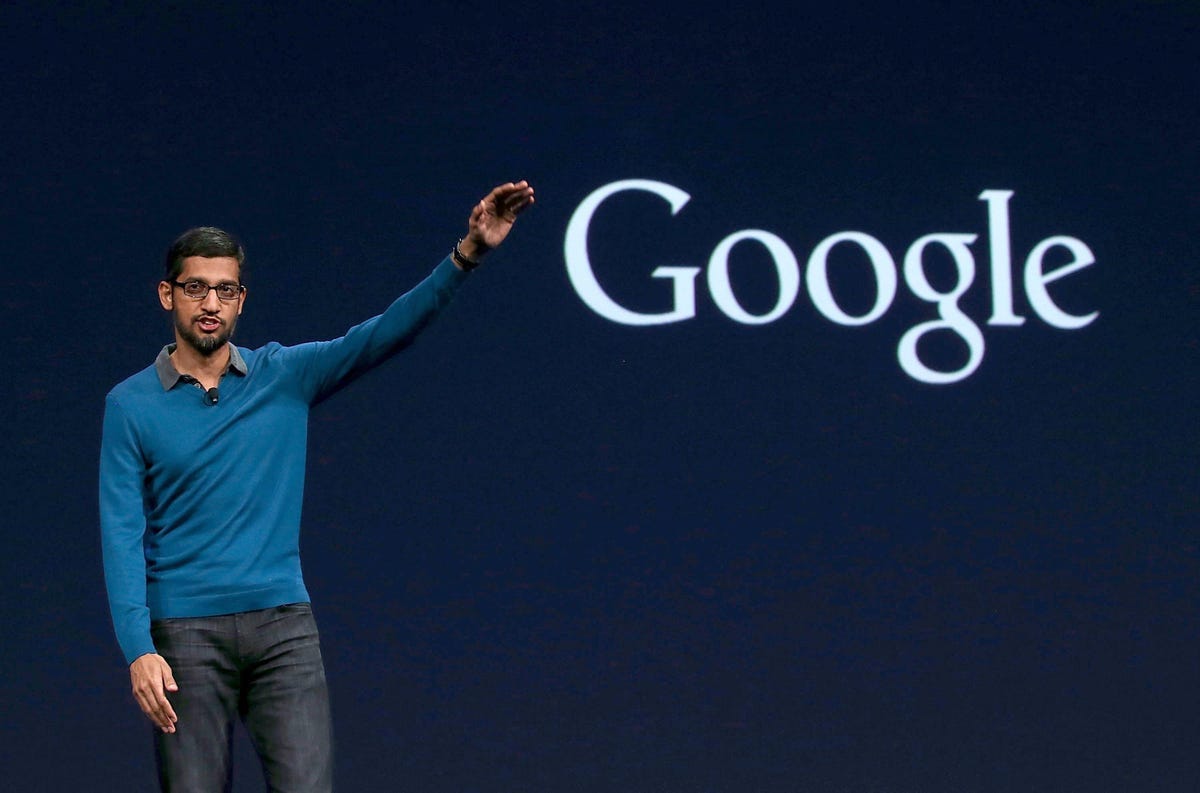Forbes
October 30, 2022
Chief Researcher and Editor
Joaquim Cardoso MSc.
health transformation portal
October 30, 2022
Earlier this month, Google Cloud announced its latest venture within the realm of healthcare: a new Medical Imaging Suite.
This initiative builds on years of hard work by the Google Cloud team, aimed at creating a universally friendly, efficient, and value-providing platform, with an ode to interoperability and accessibility.
The applications behind the platform are multi-fold:
- Imaging Storage: the Suite will enable a more comprehensive way to store and access advanced medical imaging
- Imaging Lab: in partnership with chip maker NVIDIA, the platform will make it easier to automate routine imaging tasks (e.g. labeling)
- Imaging Datasets & Dashboards: the software will utilize advanced search tools to retrieve and view large sums of data
- Imaging AI Pipelines: the Suite is built to support artificial intelligence capabilities in order to integrate machine learning systems and models
- Imaging Deployment: the platform will provide a comprehensive and secure tool that can be curated to each organization’s needs
Thomas Kurian, Chief Executive Officer of Google Cloud, has previously explained his overarching vision with the product line:
“Our customers and partners put their trust in our team to deliver next-generation cloud technologies to help them become the best tech company in their industry.
The combination of Google’s technical strengths, backed by its unique scale and deep experience in connecting that technology with consumer products and ecosystems, enables Google Cloud to put the tools of tomorrow in the hands of organizations today.”
Established healthcare players are already using the software.
Hackensack Meridian Health in New Jersey, for example, hopes to use the robust Suite for prostate cancer detection.

But AI integration and tackling data problems in healthcare are not easy tasks.
Many scholars have recently expressed criticism that the so called “digital revolution” in healthcare that was especially spurred by the Covid-19 pandemic has not delivered on the lofty promises that were made; instead, healthcare technology has been difficult to integrate in a meaningful way, especially in ways that can actually impact patient care outcomes.
Much of the challenge with AI specifically is the need for large volumes of data to create learning sets, so as to actually “teach” the AI system how to interpret data.
For many organizations, their data remains disorganized, inaccessible, or in legacy formats that simply require a significant amount of “clean up” and reconciliation before they can be used in a meaningful way.
The purpose of solutions like Google Cloud is to eventually make data interoperable and machine learning ready, so that organizations can progress away from the previous age of information technology.
Whether or not healthcare pundits like it, healthcare is amidst a revolution, one that will seamlessly integrate new and advanced technologies into patient care.
Now, it is up to new and established technology leaders to create this revolution in a meaningful and safe manner.
The purpose of solutions like Google Cloud is to eventually make data interoperable and machine learning ready, so that organizations can progress away from the previous age of information technology.
Originally published at https://www.forbes.com.
Names mentioned:
Sundar Pichai, Alphabet CEO.
Thomas Kurian, Chief Executive Officer of Google Cloud,












